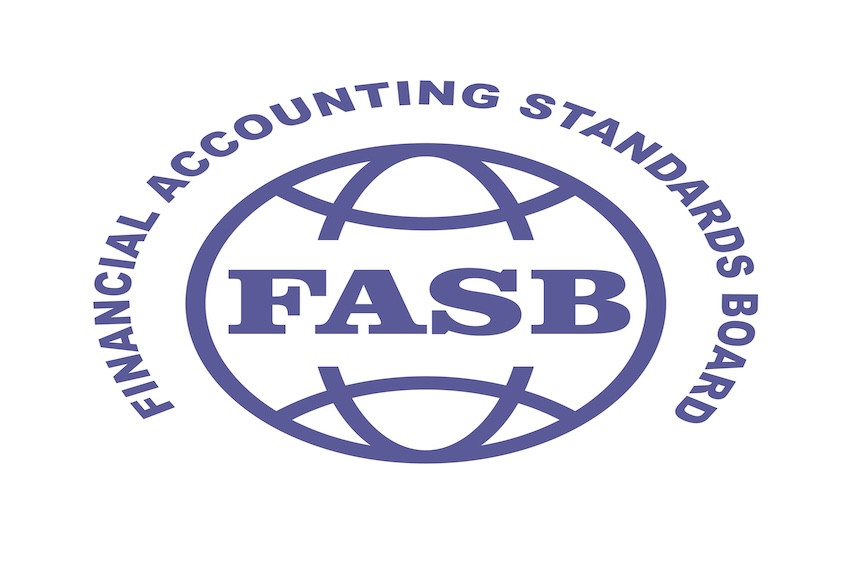The FASB took on Environmental Credits and Environmental Credit Obligations (ECOs) (Topic 818) at the Wednesday, August 13, 2025 FASB Board Meeting. The notice of the Tentative Decision is here. There is a lot in it, deserving a careful read. Pay close attention to matters that were not adopted by the Board – some are surprising.
A few key high-level matters:
- Asset recognition, measurement and costing. An entity should recognize an asset for an environmental credit when it is probable that the credit will be used to settle an ECO or transferred in an exchange transaction. Credits that do not meet the probability criteria should be classified as noncompliance environmental credits and tested for impairment at each reporting date.
- M&A activity. An acquirer should recognize an environmental credit acquired in a business combination as an asset, regardless of whether it is probable that the acquirer will use that environmental credit to settle an ECO or transfer the environmental credit in an exchange transaction.
- Liability recognition and measurement. The funded portion of an ECO liability is the portion for which an entity has associated compliance environmental credits. When measuring the funded portion of an ECO liability, an entity should not consider Noncompliance or voluntary environmental credits.
- Disclosures, including some important aspects not adopted. There are both balance sheet and income statement impacts.
- The amendments – including disclosure – apply to public and private companies.
- For public business entities, the changes will be effective for annual reporting periods beginning after December 15, 2027, including interim reporting periods within those annual reporting periods. For all other entities, these will be effective for annual reporting periods beginning after December 15, 2028, including interim reporting periods within those annual reporting periods.
I emphasize there is much more to the announcement than touched on here. Staff are now drafting a final Accounting Standards Update.
Members can learn more about sustainability and climate disclosures here.
Members also save hours of research and reading time each week by using our filtered and curated library of ESG/sustainability resources covering over 100 sustainability subject areas – updated daily with practical and credible information compiled without the use of AI.
If you’re not already a member, sign up now and take advantage of our no-risk “100-Day Promise” – during the first 100 days as an activated member, you may cancel for any reason and receive a full refund. But it will probably pay for itself before then.
Practical Guidance for Companies, Curated for Clarity.










